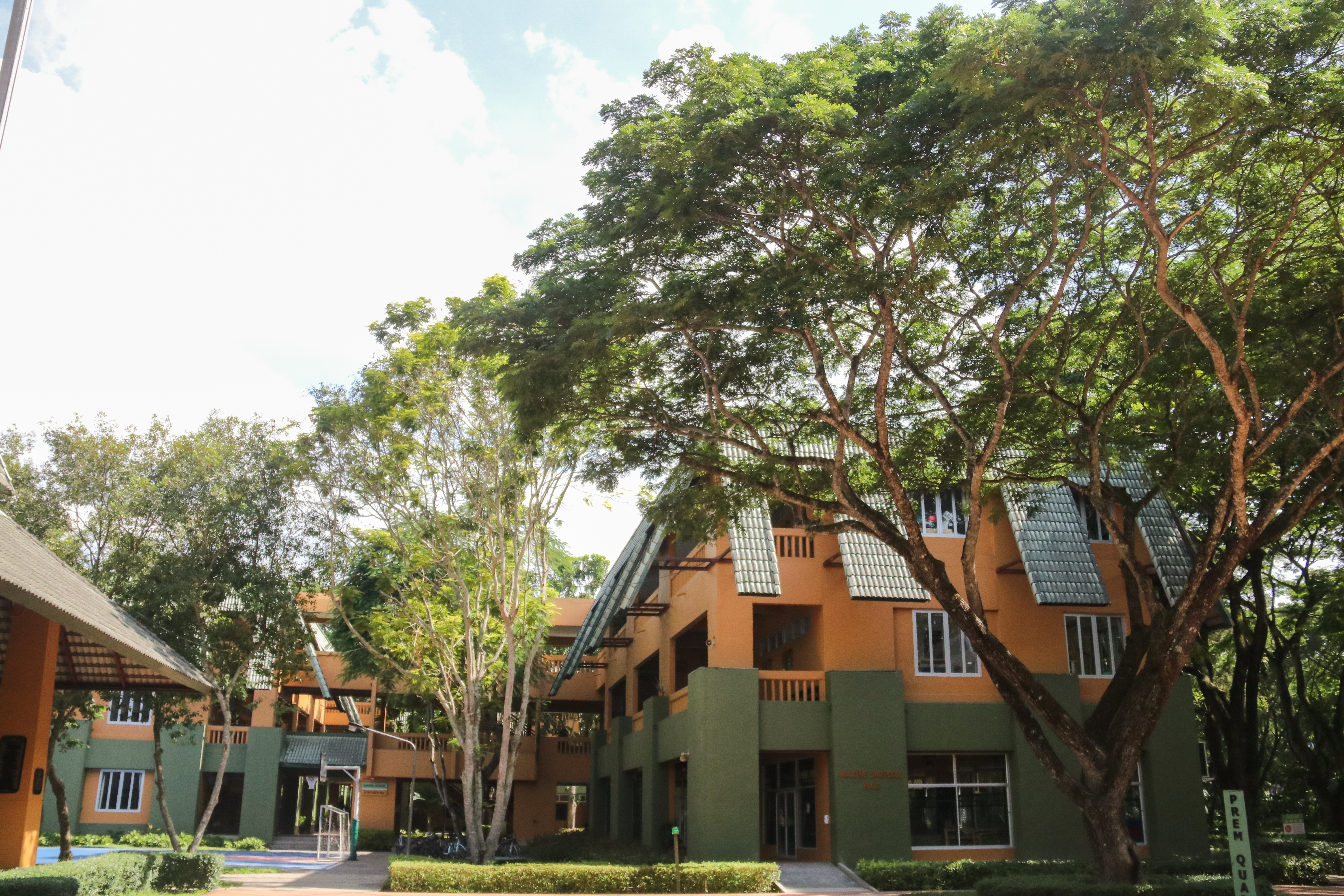The Language of Movement
Silpakorn University & PTIS International
Bangkok & Chiang Mai, 2022
Symposium keynote and workshop exploring embodied communication and grassroots decision-making.
By combining a short input lecture on the rethinking of "hospitality" during the pandemic with a workshop invitation where participants explored how groups can organize and learn together with and through the body beyond the dominance of spoken language, the invitation has focused on notions of access, sensing, and translation within an educational movement context.
The visit started with a two-week symposium in Bangkok, co-hosted by Silpakorn University, Thailand, where the focus was set on re-negotiating the idea of “hospitality” through the social impacts of COVID-19. The work was followed by a two-week guest lecture led by Timothy for teaching practitioners, educators and students in collaboration with PTIS Prem Tinsulanonda, where it focused on notions of ‚access, sensing and translation‘ within an experience-based educational movement learning context. The research stay was conducted in the framework of „Artist Residency Thailand (ART)“, in collaboration with ARThailand in Chiang Mai.
Event: Symposium, Workshop & Artist-Residency
Focus: Embodied Communication Design
In collaboration with: Silpakorn University Bangkok, PTIS - Prem Tinsulanonda International, ARThailand Chiang Mai and Artist Residency Thailand
Concept and Idea: Timothy Nouzak
Artistic Documentation: Woraphon Aintayot
Supported by: Mobility Grant, European Education and Culture Executive Agency (EACEA) and ARThailand Chiang Mai

In the workshop, participants engaged with simple performative acts—such as stillness, looping, and shadowing—to negotiate leadership and participation dynamically.
The workshop investigated how collective decision-making can emerge from physical interaction rather than top-down instruction. By shifting focus from verbal explanation to "embodied communication," the project creates a space where hierarchy is flattened. This approach facilitated a rethinking of how agency is distributed within a group, helping to formulate alternative ways of being together in performance and educational settings.
Participants work to build a collective “protocol” for decision-making, observing the intricacies of non-verbal negotiation:
The session ends with a short showing of the created group score and a closing conversation on how embodied approaches can inform everyday collaboration and pedagogy.
- How a proposal enters the room (attention and framing)
- How agreement and hesitation become visible (timing, distance, rhythm, tone)
- How feedback is given and received (support, interruption, repair)
- How the group closes a decision without forcing consensus (thresholds, exits, next steps)
The session ends with a short showing of the created group score and a closing conversation on how embodied approaches can inform everyday collaboration and pedagogy.
Throughout the different settings, the project applied the concept of "situated learning"—the idea that knowledge is not just abstractly transferred from teacher to student, but is actively created through shared activity in a specific context.
In The language of movement, as a workshop this meant moving away from rigid instruction towards a "community of practice." By removing the dominance of spoken language, the workshops encouraged participants to rely on collective listening and sensing. Learning became an act of participation, where understanding emerged from the group's shared movement rather than a single authority. This shift allows for a more sustainable, inclusive form of exchange, where knowledge is negotiated and embodied by everyone involved.
![]()
In The language of movement, as a workshop this meant moving away from rigid instruction towards a "community of practice." By removing the dominance of spoken language, the workshops encouraged participants to rely on collective listening and sensing. Learning became an act of participation, where understanding emerged from the group's shared movement rather than a single authority. This shift allows for a more sustainable, inclusive form of exchange, where knowledge is negotiated and embodied by everyone involved.

© photo by Woraphon Aintayot / PTIS